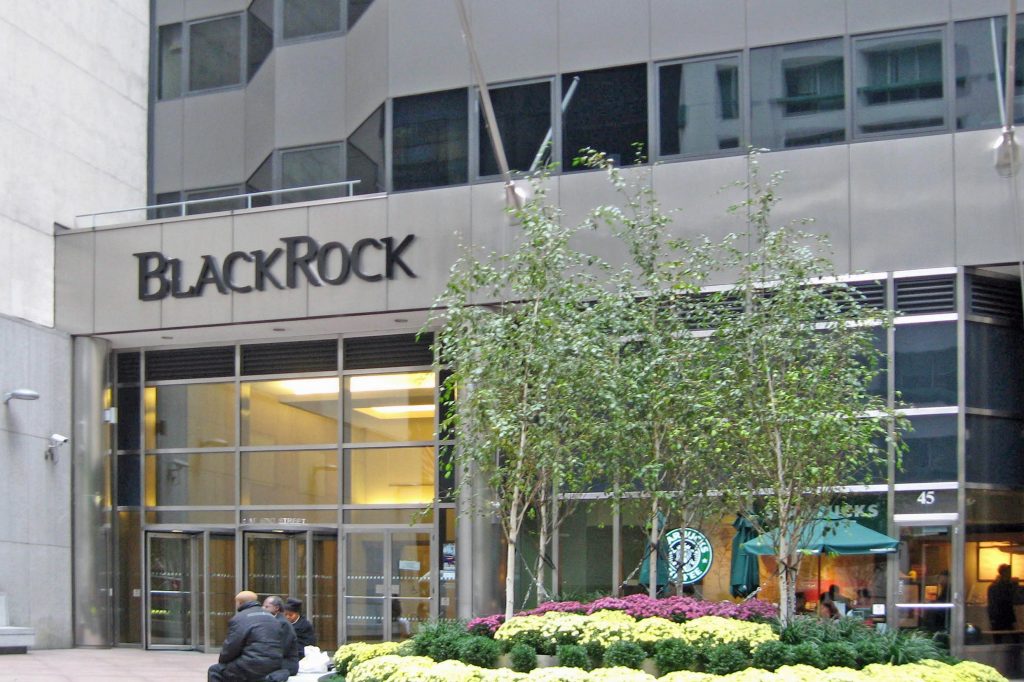In yet another stunning blow to BlackRock and its dubious environmental, social, governance (ESG) scores agenda, Texas has officially divested $8.5 billion from the woke monster-asset management-company.
Specifically, the Texas Permanent School Fund, which oversees the $8.5 billion, told BlackRock it would terminate its relationship with the world’s largest asset management company due to BlackRock’s penchant for bullying and boycotting energy companies.
According to Texas Permanent School Fund chair Aaron Kinsey, “BlackRock’s dominant and persistent leadership in the ESG movement immeasurably damages our state’s oil and gas economy and the very companies that generate revenues for our PSF… The PSF will not stand idle as our financial future is attacked by Wall Street.”
Hallelujah! That is fantastic news for those of us who have been outraged with BlackRock’s behavior over the past few years.
In case you’ve been living under a rock, BlackRock is an extremely well-heeled (to the tune of $10 trillion in assets under management) and well-connected financial behemoth that has been running roughshod for far too long.
BlackRock, typically in cahoots with the other two gargantuan asset management firms Vanguard and State Street, wields immense power over the entire U.S. financial system. But, as you might expect, the Big Three are not always looking out for the best interests of everyday Americans. I know this is difficult to comprehend, but in most cases, the Big Three could not care less about Mainstreet America because they are much more enamored with pleasing Wall Street and their friends in even higher places.
Take ESG for example, which the Big Three have been all-in on for several years now. Without a doubt, ESG is unpopular among everyday Americans, who instinctively understand that ESG is not about saving the environment, stopping racism, or whatever social justice causes it claims to be in support of.
More accurately, it is about money and power. The Big Three are flush with cash, make no mistake. However, what they seek is unfettered power and control over the economy so that they can exert even more power and influence.
While some might dismiss this as conspiracy theory babbling, I think the evidence says otherwise.
Consider. Due to massive consolidation in the asset management world in recent years, the Big Three currently control more than $24 trillion in total assets under management. For context, the S&P 500, which encompasses the 500 largest corporations in the United States, has a total market capitalization of approximately $40 trillion.
So, the Big Three have such a large share of assets under management and the attendant shareholder voting rights that they can push corporations to pursue nebulous social justice causes at the expense of maximizing profits for everyday Americans. They can also push states, like Texas, to commit economic suicide by making it nearly impossible to invest in fossil fuel extraction, production, and distribution.
Here is the crux of the problem. By engaging in “stakeholder capitalism” and using ESG to shape how states and private companies operate, regardless of its impact on their bottom line, the Big Three are breaching their sacred fiduciary duty.
